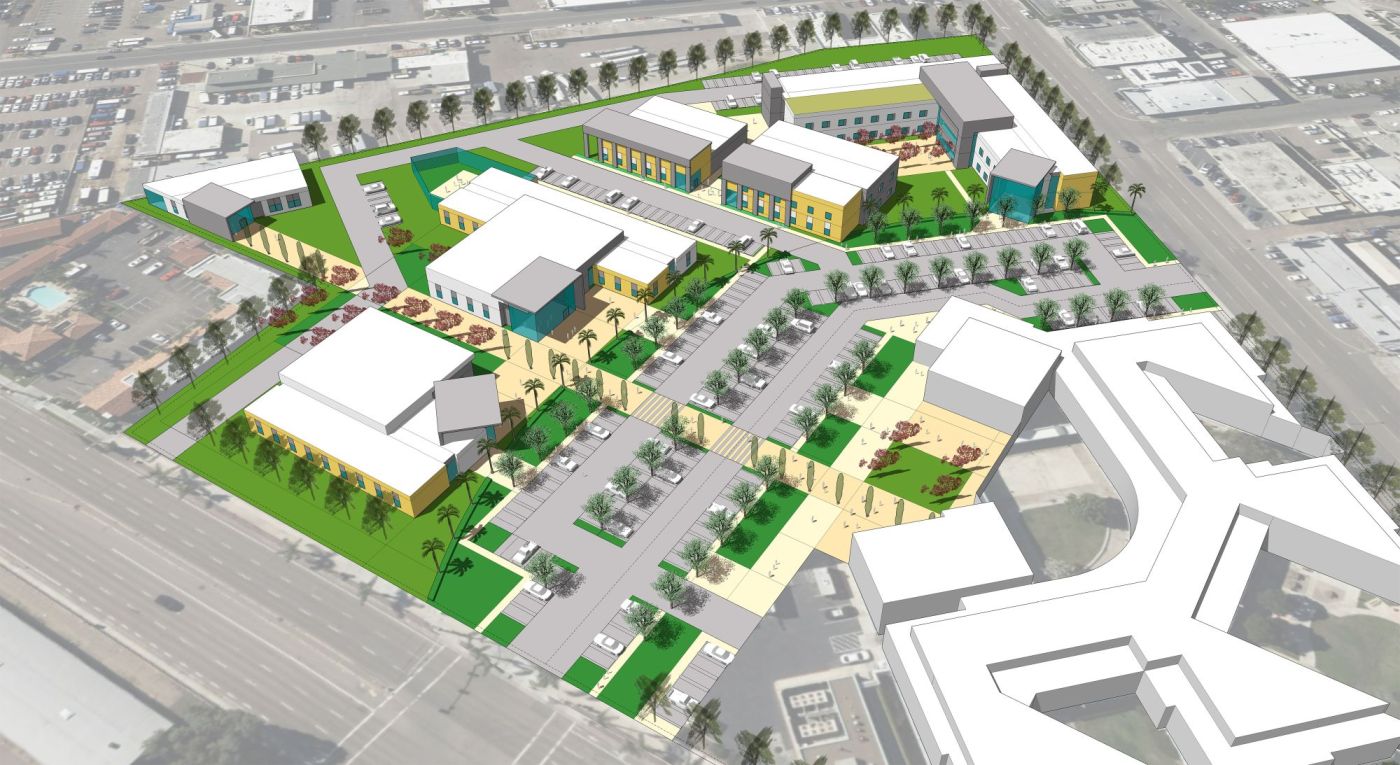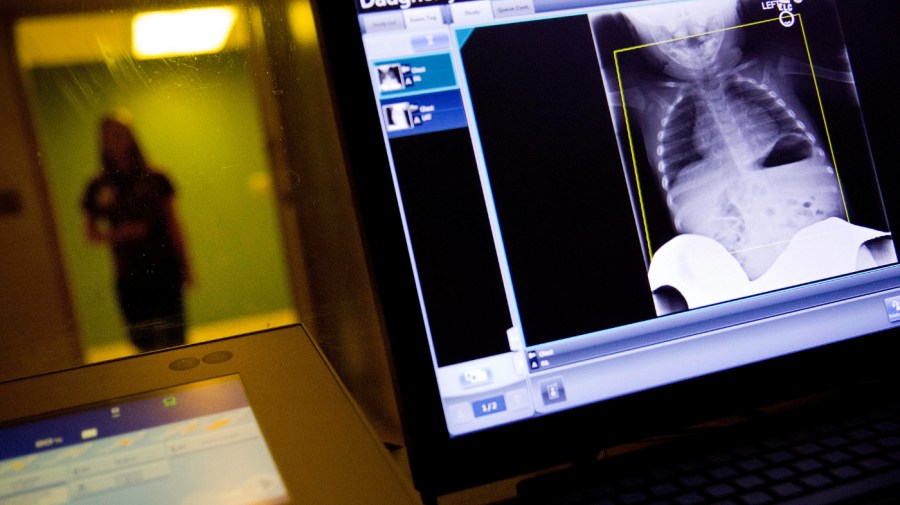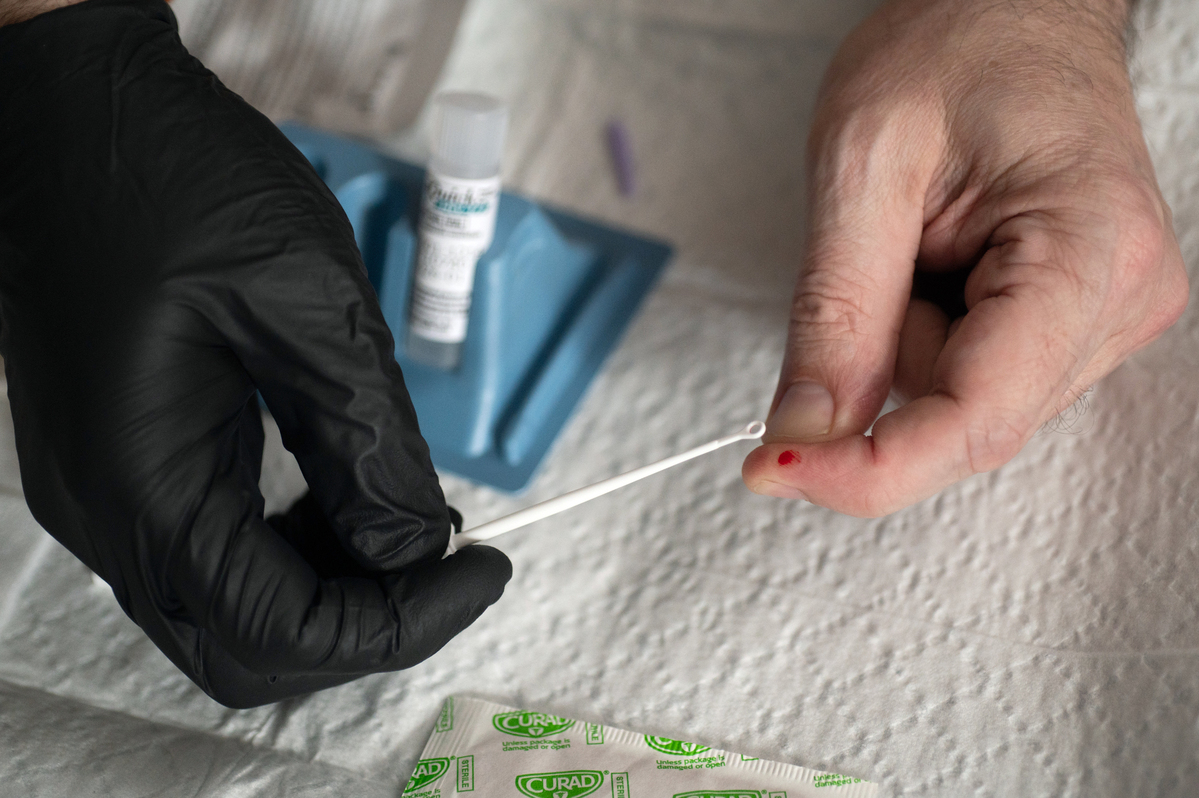San Diego County has approved a proposal to develop a comprehensive $210 million mental health campus, aiming to serve up to 20,000 individuals annually. The initiative, which focuses on providing a continuum of care, seeks funding through a $100 million grant from the state’s Proposition 1, a bond measure designed to enhance behavioral health infrastructure. The proposed campus will be located on Rosecrans Street, adjacent to the San Diego County Psychiatric Hospital, and will replace a defunct health services complex.
The county’s behavioral health department has struggled to meet the growing demand for mental health services, with many patients facing long waits in emergency departments due to a lack of available beds in locked, hospital-based units. The proposed campus aims to address this issue by integrating various types of mental health care in one location, a model that advocates argue is essential for effective treatment.
The updated plans for the campus have seen the budget rise from an initial estimate of $150 million to $210 million. This increase reflects the inclusion of the value of the county-owned land, estimated at $27 million. The multi-use complex will feature a crisis stabilization unit, a mental health rehabilitation center, a social rehabilitation facility, an adult residential substance use disorder treatment facility, and an outpatient community mental health clinic.
According to Karen Larsen, executive director of the Steinberg Institute, a Sacramento-based nonprofit focused on mental health reform, the proposed campus aligns with California’s vision for mental health funding. She noted that only two similar facilities exist in the state, one in Riverside and another in Orange County. “They were very clear that they will be favoring these kinds of campus models where you have sort of a one-stop shop for people with both mental health and substance use disorders,” Larsen stated.
The design of the campus emphasizes the need for a range of services to accommodate varying levels of mental health challenges, such as moderate anxiety and suicidal ideation. Crisis centers will serve as the initial entry point, providing a comfortable environment where individuals can destress for up to 24 hours. Trained clinicians will assess their needs and determine whether inpatient care or outpatient referrals are necessary.
For those requiring long-term support, the mental health rehabilitation center will offer services including group therapy, family therapy, medication management, and other personalized care options. In addition, a 24-hour social rehabilitation facility will be staffed with peers who have faced similar challenges, providing a supportive environment for individuals in recovery.
The planned outpatient mental health clinic will deliver walk-in and appointment-based services, covering a range of needs from mental health screenings to various therapies. This structure aims to keep patients continuously connected to treatment, which is vital for managing psychiatric conditions effectively.
County supervisor Terra Lawson-Remer, a strong advocate for the project, emphasized the importance of integrating substance abuse and mental health treatment. She noted that the traditional separation of these services often fails to address the co-occurring conditions many individuals face. “We know that makes no sense because these are so often co-occurring conditions,” Lawson-Remer said. “This wellness campus will allow us to engage in both.”
The county is preparing for a competitive application process for Proposition 1 funding, which has allocated over $800 million for unmet needs statewide. Should the grant request be successful, San Diego County plans to collaborate with private partners to secure additional funding necessary to complete the campus.
While the county is optimistic about the grant’s prospects, Lawson-Remer acknowledged the uncertainty surrounding alternative funding strategies. “I could not tell you right now what plan B would be if we don’t get the grant,” she stated.
In a related development, Palomar Health in North County is also seeking funding in this round, applying for a $50 million grant to construct a 120-bed behavioral health specialty hospital on its Escondido campus. The previous round-one grant was rescinded due to the organization’s inability to meet a required funding match.
As San Diego County moves forward with its ambitious mental health campus project, it reflects a growing recognition of the need for integrated care that addresses the complexities of mental health and substance use treatment.







